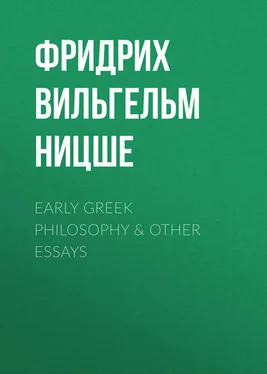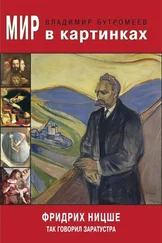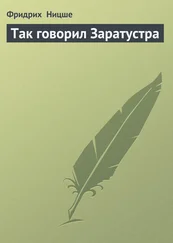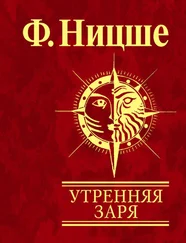When therefore Schopenhauer felt Bellini's "Norma," for example, as the fulfilment of tragedy, with regard to that opera's music and poetry, then he, in Dionysean-Apollonian emotion and self-forgetfulness, was quite entitled to do so, because he perceived music and poetry in their most general, as it were, philosophical value, as music and poetry: but with that judgment he showed a poorly educated taste, – for good taste always has historical perspective. To us, who intentionally in this investigation avoid any question of the historic value of an art-phenomenon and endeavour to focus only the phenomenon itself, in its unaltered eternal meaning, and consequently in its highest type, too, – to us the art-species of the "opera" seems to be justified as much as the folk-song, in so far as we find in both that union of the Dionysean and Apollonian and are permitted to assume for the opera – namely for the highest type of the opera – an origin analogous to that of the folk-song. Only in so far as the opera historically known to us has a completely different origin from that of the folk-song do we reject this "opera," which stands in the same relation to that generic notion just defended by us, as the marionette does to a living human being. It is certain, music never can become a means in the service of the text, but must always defeat the text, yet music must become bad when the composer interrupts every Dionysean force rising within himself by an anxious regard for the words and gestures of his marionettes. If the poet of the opera-text has offered him nothing more than the usual schematised figures with their Egyptian regularity, then the freer, more unconditional, more Dionysean is the development of the music; and the more she despises all dramatic requirements, so much the higher will be the value of the opera. In this sense it is true the opera is, at its best, good music, and nothing but music: whereas the jugglery performed at the same time is, as it were, only a fantastic disguise of the orchestra, above all, of the most important instruments the orchestra has: the singers; and from this jugglery the judicious listener turns away laughing. If the mass is diverted by this very jugglery and only permits the music with it, then the mob fares as all those do who value the frame of a good picture higher than the picture itself. Who treats such naïve aberrations with a serious or even pathetic reproach?
But what will the opera mean as "dramatic" music, in its possibly farthest distance from pure music, efficient in itself, and purely Dionysean? Let us imagine a passionate drama full of incidents which carries away the spectator, and which is already sure of success by its plot: what will "dramatic" music be able to add, if it does not take away something? Firstly, it will
Конец ознакомительного фрагмента.
Текст предоставлен ООО «ЛитРес».
Прочитайте эту книгу целиком, купив полную легальную версию на ЛитРес.
Безопасно оплатить книгу можно банковской картой Visa, MasterCard, Maestro, со счета мобильного телефона, с платежного терминала, в салоне МТС или Связной, через PayPal, WebMoney, Яндекс.Деньги, QIWI Кошелек, бонусными картами или другим удобным Вам способом.
A reference to Goethe's ballad, The Minstrel, st. 5:
"I sing as sings the bird, whose note
The leafy bough is heard on.
The song that falters from my throat
For me is ample guerdon." TR.


![Фридрих Ницше - Песни Заратустры [сборник]](/books/28216/fridrih-nicshe-pesni-zaratustry-sbornik-thumb.webp)








